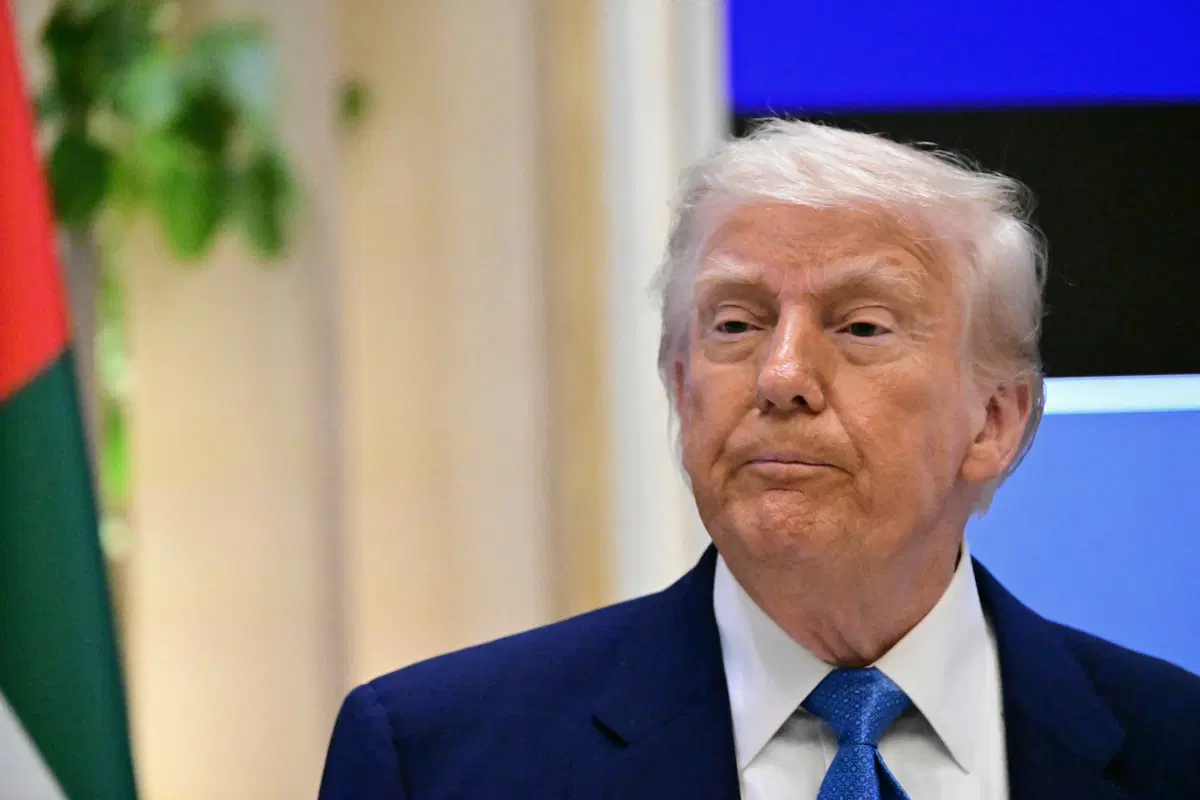On Wednesday, July 9, 2025, U.S. President Donald Trump will host a working lunch at the White House’s State Dining Room for the presidents of Senegal (Bassirou Diomaye Faye), Liberia (Joseph Boakai), Guinea-Bissau (Umaro Sissoco Embaló), Mauritania (Mohamed Ould Ghazouani), and Gabon (Brice Clotaire Oligui Nguema). The summit, part of a three-day event from July 9–11, marks Trump’s first major engagement with African leaders in his second term, focusing on trade, investment, critical minerals, and regional security. While officials from these nations expect discussions to center on “commercial opportunities,” the agenda remains vague, reflecting the Trump administration’s “America First” shift from aid to transactional partnerships, highlighted by the recent closure of USAID.
Agenda and Strategic Priorities
The White House emphasizes mutual economic benefits, particularly in securing critical minerals like manganese (Gabon supplies 22% of China’s imports), bauxite, and iron ore, where these nations hold strategic reserves despite lacking the vast wealth of countries like the Democratic Republic of Congo. Liberia’s Joseph Boakai aims to transition from aid dependency to investment partnerships, as stated by his press secretary Kula Fofana, while Gabon’s Theophane Biyoghe sees the summit as a chance for economic industrialization. Security concerns, including countering violent extremism spilling from Sahel nations (Mali, Niger, Burkina Faso) and drug trafficking (Guinea-Bissau’s role as a cocaine transit hub), are also key, with the U.S. DEA’s April 2025 operation in Guinea-Bissau as a precedent. The summit follows a U.S.-brokered DRC-Rwanda ceasefire, signaling Trump’s focus on stabilizing resource-rich regions.
Geopolitical Context and Tensions
The meeting occurs amid U.S.-China competition, with China outpacing U.S. trade in 52 of 54 African countries by 2023 (Carnegie Endowment) and investing heavily in infrastructure like Guinea-Bissau’s only highway. Russia’s support for the Alliance of Sahel States (ASS) bordering these nations adds complexity. Trump’s recent 10% tariff threat on BRICS nations, including BRICS partner Nigeria, and proposed travel bans on Gabon, Liberia, Mauritania, and Senegal could strain discussions, especially after his July 7 letter to South Africa’s Cyril Ramaphosa imposing a 30% tariff from August 1, 2025. Nigeria’s exclusion, despite its $5.6 billion U.S. trade and BRICS partner status, sparked criticism on X, with @AbangMercy and @Munachi35 noting its absence as a diplomatic snub. The administration’s advisor Massad Boulos, Trump’s son-in-law, has shaped this selective engagement, building on his DRC-Rwanda deal.
Risks and Criticisms
The summit’s transactional focus, prioritizing U.S. access to minerals and maritime trade over aid, risks alienating African leaders, as seen in Trump’s contentious May 2025 meeting with Ramaphosa, where he pushed baseless “white genocide” claims. Critics like Ghana’s Trade Minister K.T. Hammond warn that Trump’s tariffs “erode goodwill”, while Mauritania’s Zakaria Ould Amar suggests migration and drug routes are Trump’s true priorities. Guinea-Bissau’s Umaro Sissoco Embaló, facing domestic legitimacy concerns, called the visit a “great opportunity” for U.S. support (web:21). Unlike past public ambushes of leaders like Ukraine’s Volodymyr Zelensky, no press appearances are scheduled, limiting transparency. The African Democratic Congress (ADC) in Nigeria may leverage Nigeria’s exclusion to fuel anti-Tinubu sentiment, given 87% public dissatisfaction with the APC

Leave a Reply